Industry 4.0 & 5.0 한국(South Korea) 양자 군사 방어 (Industry 4.0 & 5.0 Korea Quantum Military Defense)


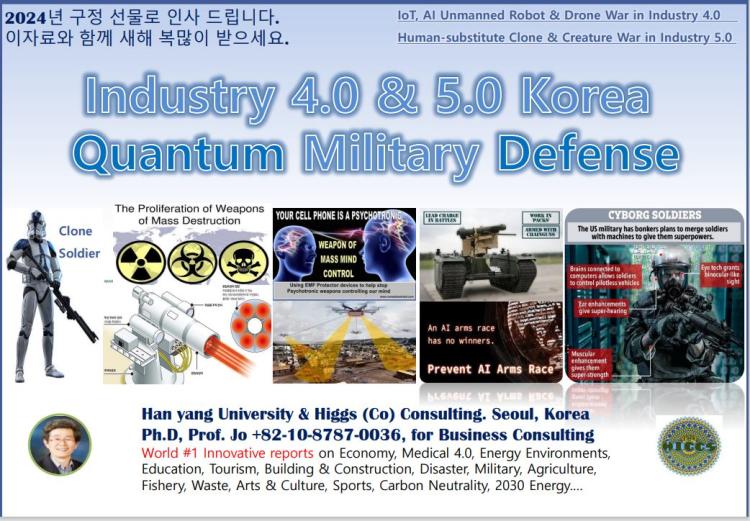
증가한 자율성: 인공지능은 드론 및 기타 로봇 무기의 자율성을 증대시키는 데 더 많은 역할을 할 것으로 예상됩니다. 이는 실시간 평가 및 대상 및 참전에 대한 결정을 포함할 수 있습니다.
스웜 기술: 우리는 여러 대의 작은 드론이 행동을 조율하여 적의 방어를 압도하고 회피하는 드론 스웜의 증가를 볼 수 있을 것입니다. 이러한 스웜은 감시, 정찰 및 공격 작전에 사용될 수 있습니다.
향상된 정밀도 및 타겟팅: 인공지능 알고리즘은 타격의 정밀도를 향상시키는 데 사용될 수 있습니다. 이는 부수적인 피해 및 민간인 사상을 줄이는 데 도움이 됩니다.
대책 및 방어: 공격 능력과 함께, 적의 드론 및 로봇 위협을 탐지하고 중화하는 데 사용되는 AI 기반 방어 시스템의 발전이 있을 것입니다. 이는 조기 경보 시스템에 AI를 사용하고 대드론 기술을 개발하는 데 관련될 수 있습니다.
비살상 무기의 중요성에 대해, 현대 전쟁 시나리오에서 그들은 중요한 의미를 지닙니다. 여기에는:
부수적인 피해 감소: 비살상 무기는 영구적인 피해나 파괴를 일으키지 않고 적을 무력화하거나 단념시키는 수단을 제공합니다.
인도주의 고려사항: 전쟁의 인도주의적 영향에 대한 국제적 검증이 증가하고 있습니다.
갈등 완화: 비살상 옵션은 치명적인 힘 대안을 제공함으로써 갈등 완화의 기회를 제공합니다.
결론적으로, 미래 전쟁은 자율성, 정밀도 및 스웜 기술에 중점을 둔 AI 및 로봇 기술의 계속된 통합을 보게 될 것으로 예상됩니다. 그러나 이러한 발전과 함께, 비살상 무기의 중요성은 피해를 최소화하고 무장 충돌에서 윤리적 행동을 촉진하는 데 중요합니다.
Recent conflicts such as the war between Ukraine and Russia, as well as the conflict between Israel and Hamas, have indeed showcased a significant increase in the utilization of drones and AI. Looking ahead, future warfare is likely to see further evolution in the realm of AI and robotics in weaponry.
Here are some potential shifts:
Increased Autonomy: AI will likely play a more significant role in decision-making processes, allowing for greater autonomy in drones and other robotic weaponry. This could involve AI systems making real-time assessments and even decisions regarding targeting and engagement.
Swarm Technology: We might see the proliferation of drone swarms, where multiple small drones coordinate their actions to overwhelm and outmaneuver enemy defenses. These swarms could be used for surveillance, reconnaissance, and even offensive operations.
Enhanced Precision and Targeting: AI algorithms can be used to improve the precision of strikes, reducing collateral damage and civilian casualties. By analyzing vast amounts of data, AI can better identify targets and minimize errors.
Countermeasures and Defense: Alongside offensive capabilities, there will be advancements in AI-driven defense systems designed to detect and neutralize enemy drones and robotic threats. This could involve the use of AI for early warning systems, as well as for developing counter-drone technologies.
Regarding the importance of non-lethal weapons, they hold significant relevance in modern warfare scenarios. Here's why:
Reduced Collateral Damage: Non-lethal weapons offer a means to incapacitate or deter adversaries without causing permanent harm or destruction. This helps in minimizing civilian casualties and infrastructure damage.
Humanitarian Considerations: There is growing international scrutiny on the humanitarian impact of warfare. Non-lethal weapons align with efforts to mitigate suffering and adhere to principles of proportionality and distinction in armed conflicts.
Conflict De-escalation: Non-lethal options provide opportunities for de-escalation by offering alternatives to lethal force. This can be particularly valuable in situations where the use of lethal force might exacerbate tensions or lead to further violence.
In conclusion, future warfare is likely to witness a continued integration of AI and robotics into weaponry, with a focus on increased autonomy, precision, and swarm technology. However, alongside these developments, the importance of non-lethal weapons remains crucial for minimizing harm and promoting ethical conduct in armed conflicts.
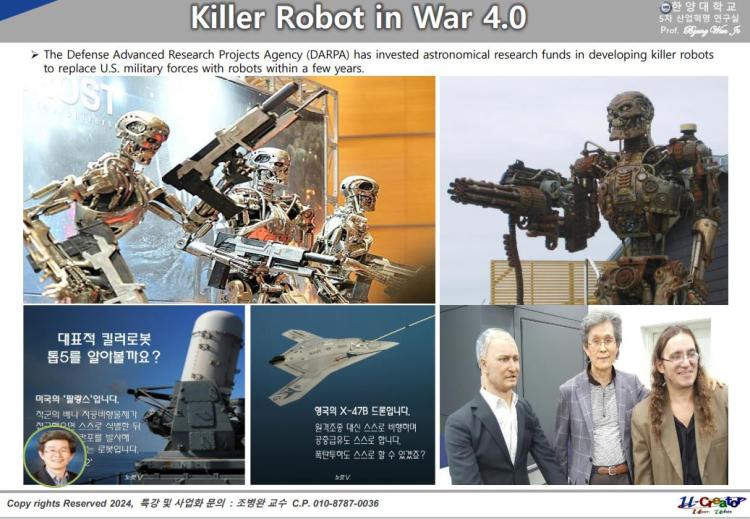
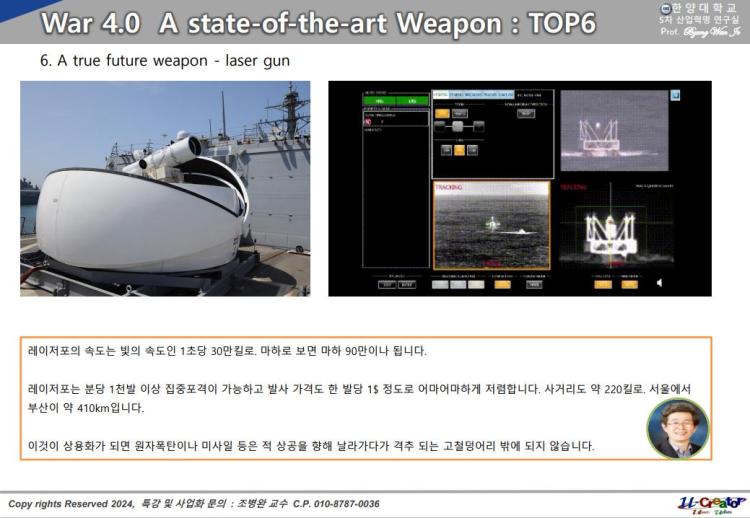
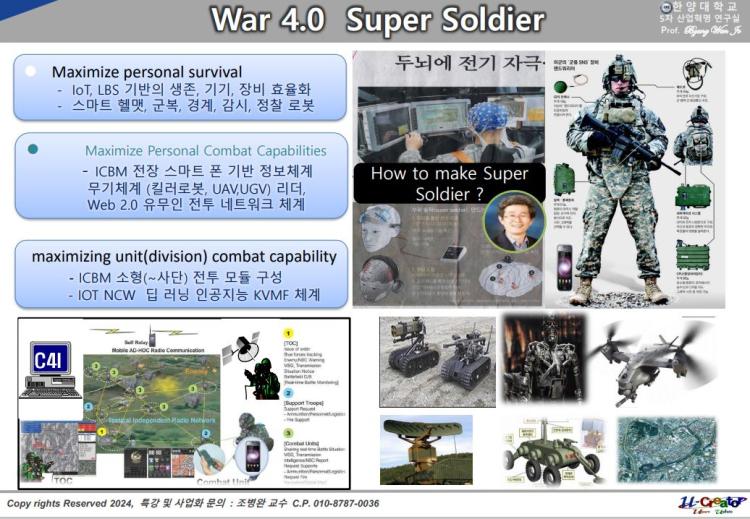
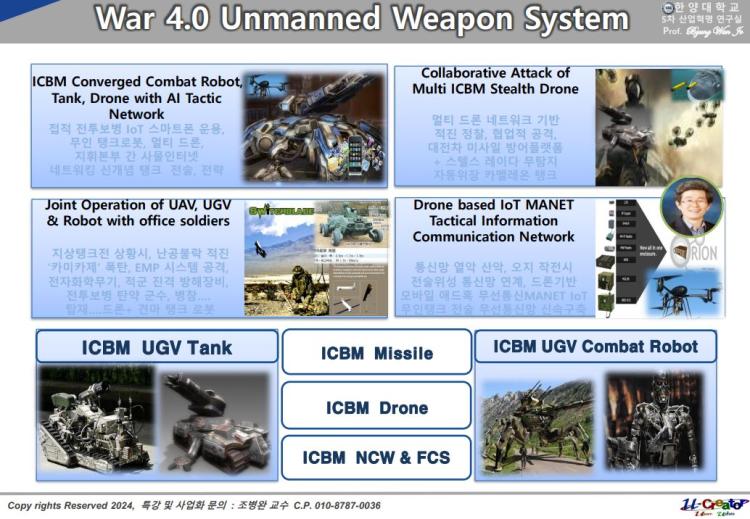
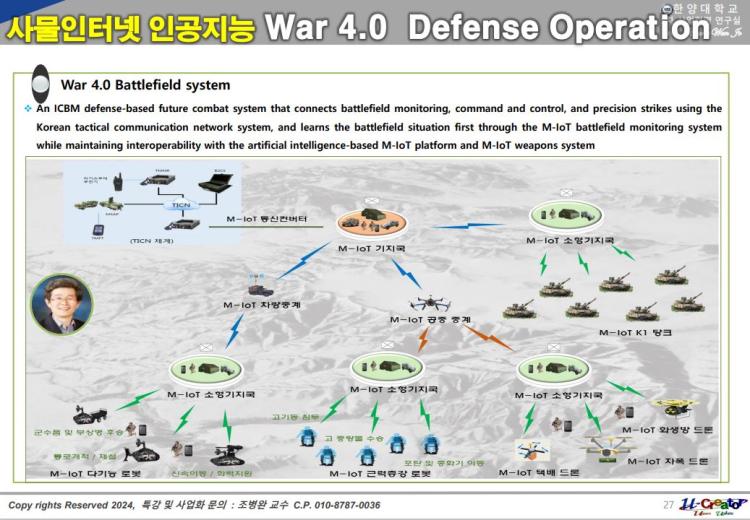
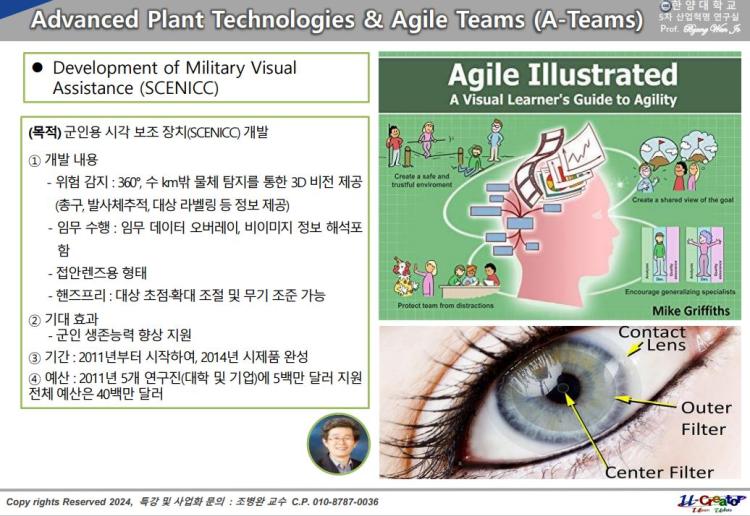
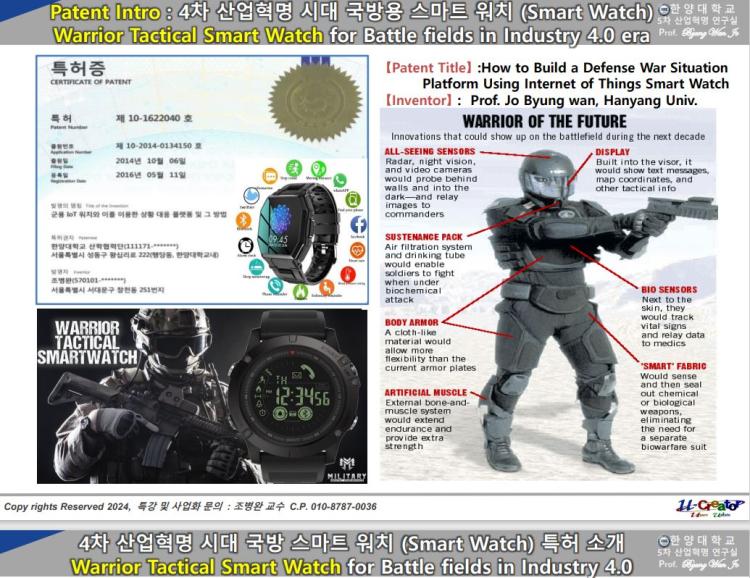
이 컬럼 전체를 원하시면 여기를 클릭하세요. Click here for this entire column.
Reporter Jim Lee (news@dailycoinews.com)의 기사 더 보기
- 데일리코인뉴스는 현장의 목소리를 우선합니다(news@dailycoinews.com) -
- 기사에 사용된 모든 자료에 대한 책임은 작성자 본인에게 있습니다 -
[저작권자ⓒ Daily Coin News 무단전재 및 재배포 금지]
Leave a Comment
Write As a Reporter




Coin 시황


















